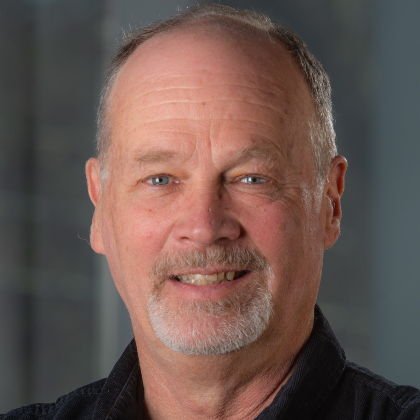In 2005, parents, teachers, and scientists from around the country came together in Kitzmiller v. Dover to defend the integrity of the public science classroom. The result: a decision that teaching "intelligent design" in public schools violates the U.S. Constitution.
NCSE was there, recruiting the plaintiffs' legal team, providing expert witnesses, and shining a bright light on the proceedings. Now, we've reached out to participants to ask for some of their most memorable moments from the trial. Below, read brief recollections from plaintiffs, expert witnesses, and local high school teachers.
Learn more about Kitzmiller v. Dover.
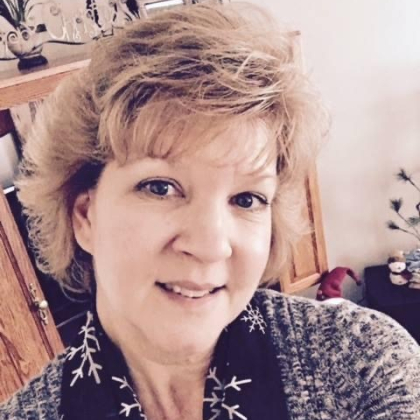
Tammy Kitzmiller, Plaintiff
One of the moments that stands out for me was pretrial — the other side was trying to have the trial dismissed. During the hearing, they were making the point that there was only one child directly affected (my 9th-grade daughter) and Judge Jones replied, "Isn't one enough?" I had been hesitant about the trial and was unsure of Judge Jones ... but at that moment I knew things were going to be OK!
Richard Katskee, Attorney
I'll never forget the first group meeting of the legal team with the plaintiffs — the "let's all get to know each other a bit before things get really crazy" meeting. When we went around the room introducing ourselves, we lawyers were … lawyers. Stuffy. Trying to make sure that we looked sufficiently serious. But the parents — you all became real people to me that night. Each of you told how and why you got involved in the case. Each story was personal. Each was different. And each had weight to it. You voiced sadness, frustration, incredulity, anger, hope. And most especially loving concern — for your kids and for your community. Each of you showed courage and strength of character that took my breath away.
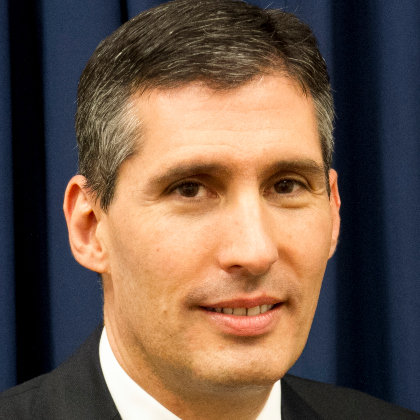
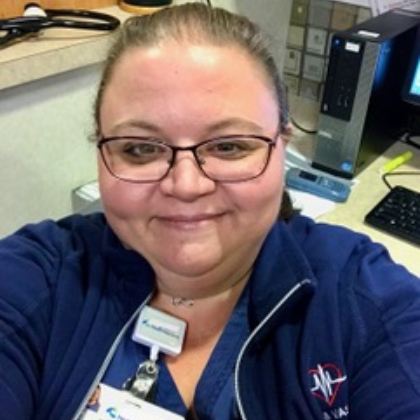
Beth Eveland, Plaintiff
With only 10 other parents willing to take a stand in our community, we had an uphill battle in Dover, and I knew we were fighting to preserve proper science education for all children in America. This was not a purely academic issue as the religious right would have us believe. It was Christian dogma masquerading as bad science. Looking back at everything I experienced then and comparing it to now, 15 years later in the midst of the SARS-COV-2 pandemic, I feel just as strongly as ever about the importance of proper science education in all schools.
Jen Miller, Dover Teacher
A moment I will never forget is the day Judge Jones rendered his decision. Bert [Bertha] Spahr knocked on my door during my teaching period and we hugged in the hallway with students watching. We felt like it was all worth the struggle and that we were vindicated..
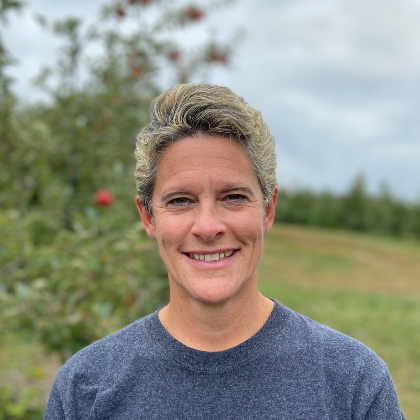
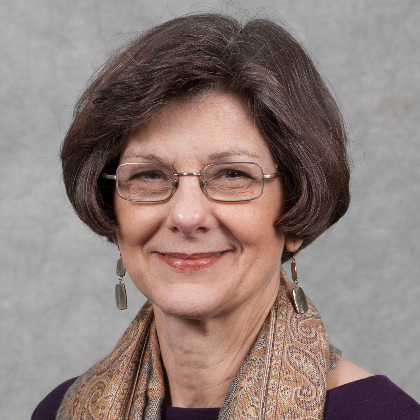
Barbara Forrest, Expert Witness
At one point during my day and a half on the witness stand, the judge called a short break. As I left the courtroom for a few minutes, I passed the row where [plaintiff] Barrie Callahan and her daughter were sitting and they rushed over, about to burst. Since they couldn't speak to me, they just reached out with big, excited grins on their faces and touched my arm as I passed. That told me how much the expert witnesses were helping the plaintiffs, which is still the most gratifying aspect of my own participation in the trial. The plaintiffs in a tiny rural town in Pennsylvania had experts from all over the country come to their assistance, and the plaintiffs won.
Genie Scott, NCSE
A memorable experience for me was watching [defense expert witness] Steve Fuller twirling back and forth in his witness chair, grinning in superior fashion at Vic Walczak, whom he was expecting to joust with as one might with a clever student. To see him treating the whole experience as if he were in full charge and the rightful center of attention was appalling. It was satisfying to see his face crumble after a particularly good line of questioning where Vic dexterously filleted him stroke by stroke — and he realized too late that he was not dealing with a clever graduate student, but a skilled lawyer, who, though smiling and polite, nonetheless dropped an anvil on him. Couldn't have happened to a better fella.
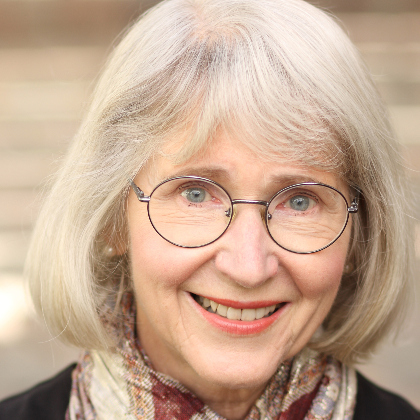
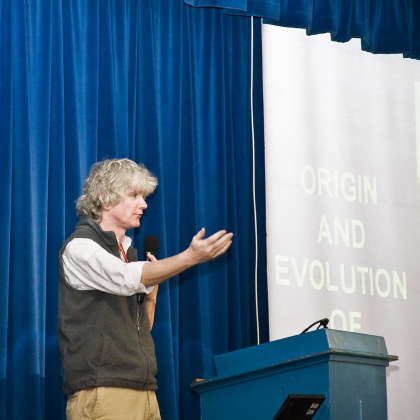
Kevin Padian, Expert Witness
Vic [Walczak] and I were going over our testimony with everyone else in the room, and we got about 20 minutes into it when I stopped the proceedings. One of the senior attorneys, Chub Wilcox, didn't look happy, and I asked what he was thinking. He said that it sounded like our back and forth was trying to score points on the opposition, and it sounded like just academic sparring. He said we would be more effective showing concern for what would happen to the students, the parents, the teachers, and the educational system if "intelligent design" were taught as science. The light bulb went on. From that point on we were all about concern. Chub Wilcox changed my testimony utterly and I'm certain that it was far more effective with the judge. He reminded us of what was really important in the trial.
Vic Walczak, Attorney
At a break near the end of [plaintiff attorney] Eric Rothschild's epic cross of Michael Behe, we were in the lobby and I decided to get a gut check on whether Eric was destroying him as much as I thought. So I asked Margaret Talbot from the New Yorker. Her response was priceless. "Oh my God. Is this almost over? It's starting to have the feel of a bad Quentin Tarantino movie!" Yeah, I think we were on the same page.
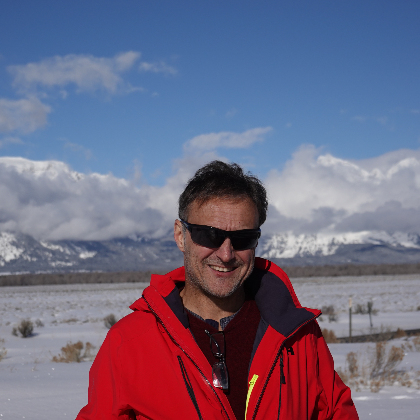
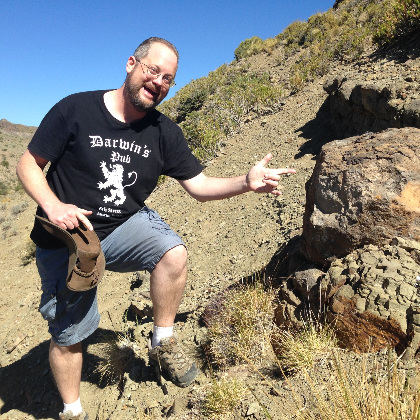
Nick Matzke, NCSE
I still remember the last day of trial, and [Judge] Jones's amazing line after the comment about how the trial went 40 days and 40 nights, "That was an interesting coincidence, but it was not by design." I teared up.
Fred Callahan, Plaintiff
My wife Barrie and I had finished dinner and she was hurrying to get to a school board meeting although she was no longer on the board. I asked her why. She said she wanted to see if they approved the purchase of a new biology textbook, which led me to ask why she cared. I was absolutely blown away when she told me that she suspected the board was holding up the book's approval because of its handling of evolution. She added that she was hoping to get the board to admit as much in public. That night school board member William Buckingham, in response to Barrie's prodding, did so. And the s--t hit the fan.
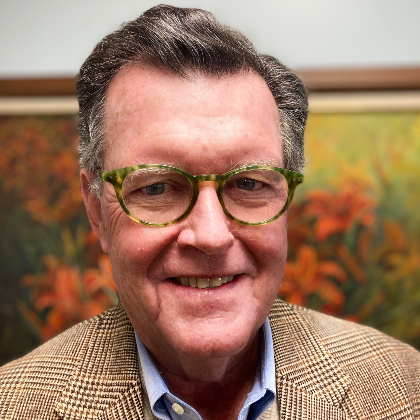
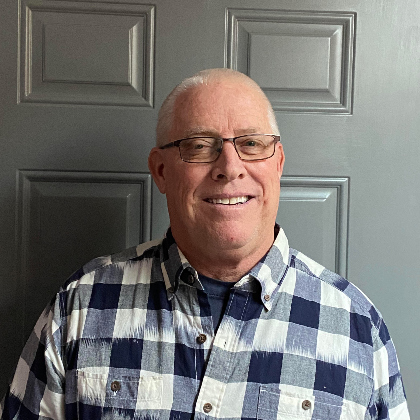
Steven Stough, Plaintiff
I think of Eric Rothschild’s cross-examination of Jon Buell of the Foundation for Thought and Ethics, the publisher of the “intelligent design” textbook Of Pandas and People, during the intervenor hearing of July 26, 2005. Buell testified that FTE did not have a “religious agenda or motive.” That FTE was promoting a religious agenda in producing Pandas, which just happened to show up on Dover High School’s library shelves, was an important connection to establish. Eric undressed Buell’s lie as he worked through a pile of documents. Bang, bang, bang. It was brutal. I knew then that we as plaintiffs were in very good hands.
Wesley Elsberry, NCSE
The Kitzmiller v. Dover case was a mix of things seen and unseen, and my participation tended toward the unseen side. I was the NCSE point person for countering TMLC defense expert William Dembski. Given Dembski’s expert report, I had advocated requesting the draft of the follow-on book to Of Pandas and People, thinking that errors carried forward would be things to be used for impeaching the witness. Nick Matzke dropped the bombshell into the discussion that the drafts of Pandas might still exist. That led to a close textual analysis I did that hardly anyone saw, and there is just one line in the decision about the thoroughness of our documentation that might refer to that work.
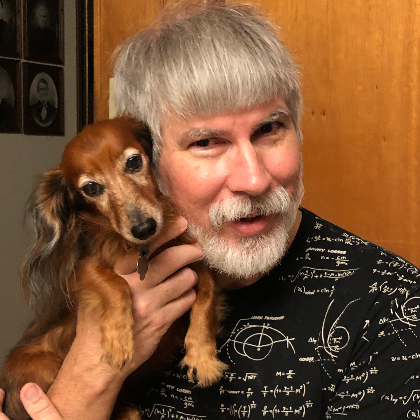
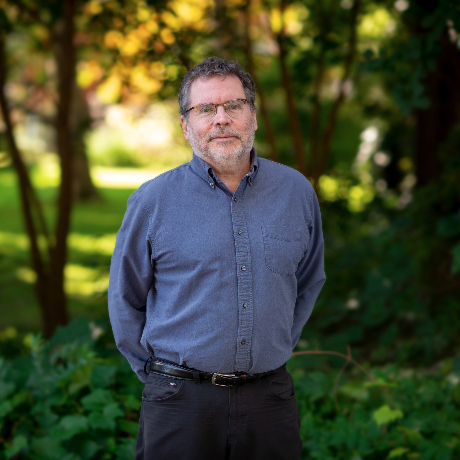
Jeffrey Shallit, Expert Witness
My role in the trial as potential rebuttal witness for William Dembski was very small. But I will always be very grateful for the courage of the parents, the professionalism of the legal team, and the willingness of biologists to speak up for the truth of evolution.
Ken Miller, Expert Witness
The real standout moment for me was during the weekend before the trial, when we held an evening gathering with both the plaintiffs and the legal team. Up to that point I had been well-prepared to do my "scientific duty" as an expert witness. But once I met the courageous parents of Dover students who had brought the case and discussed their personal stories one on one, my motivation rose to an entirely new level. For me, the most memorable part of the trial was that evening when I gained a sense of the social, personal, and emotional price they had been willing to pay to stand up for science education. I'll never forget that evening.
